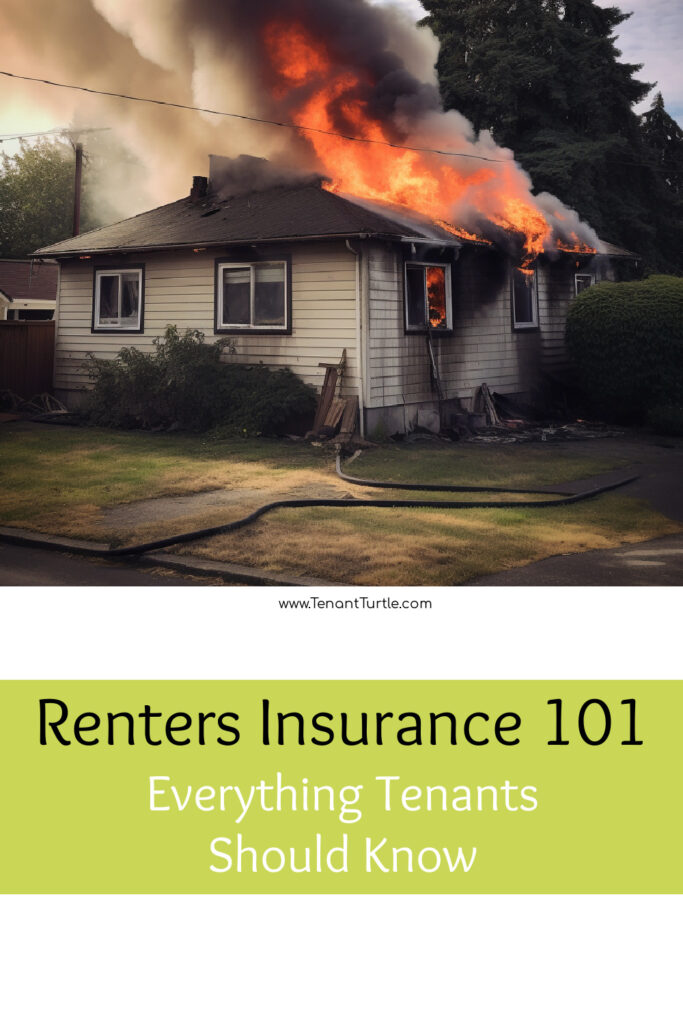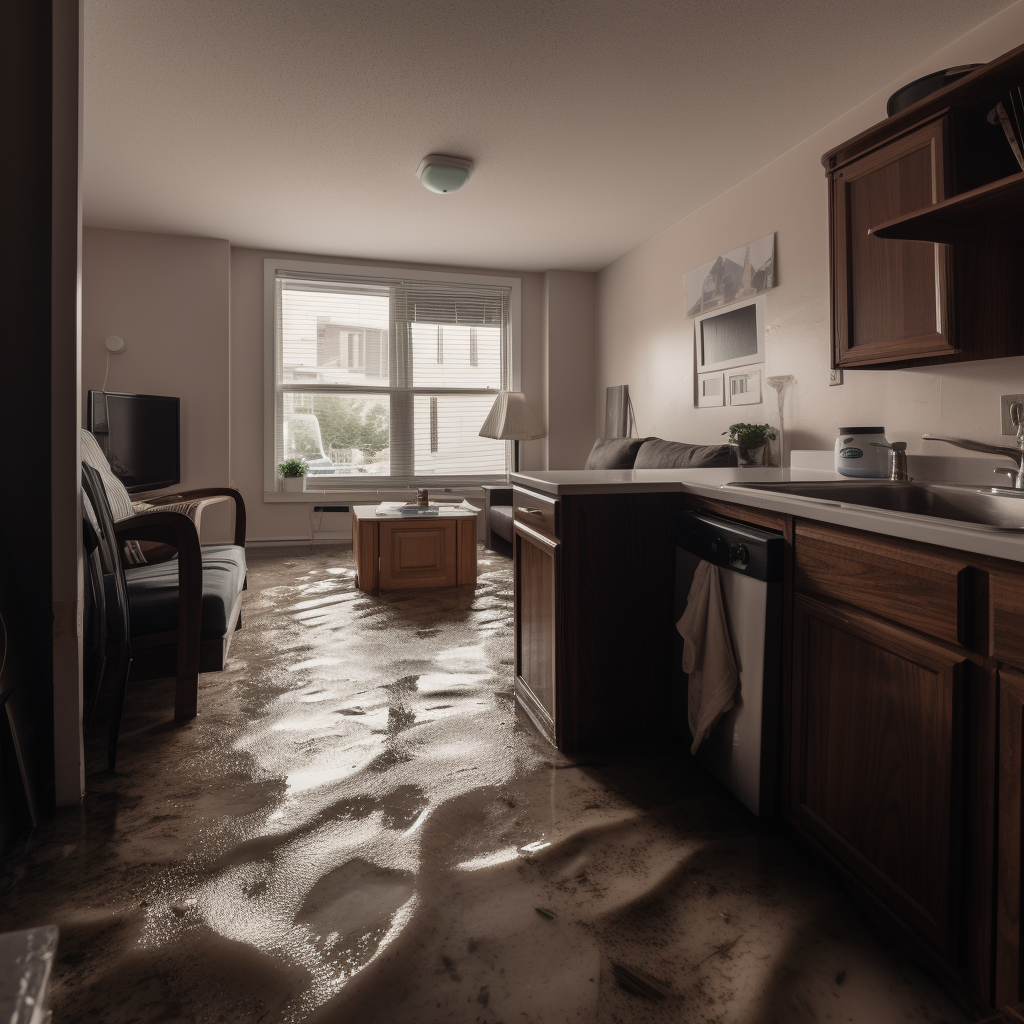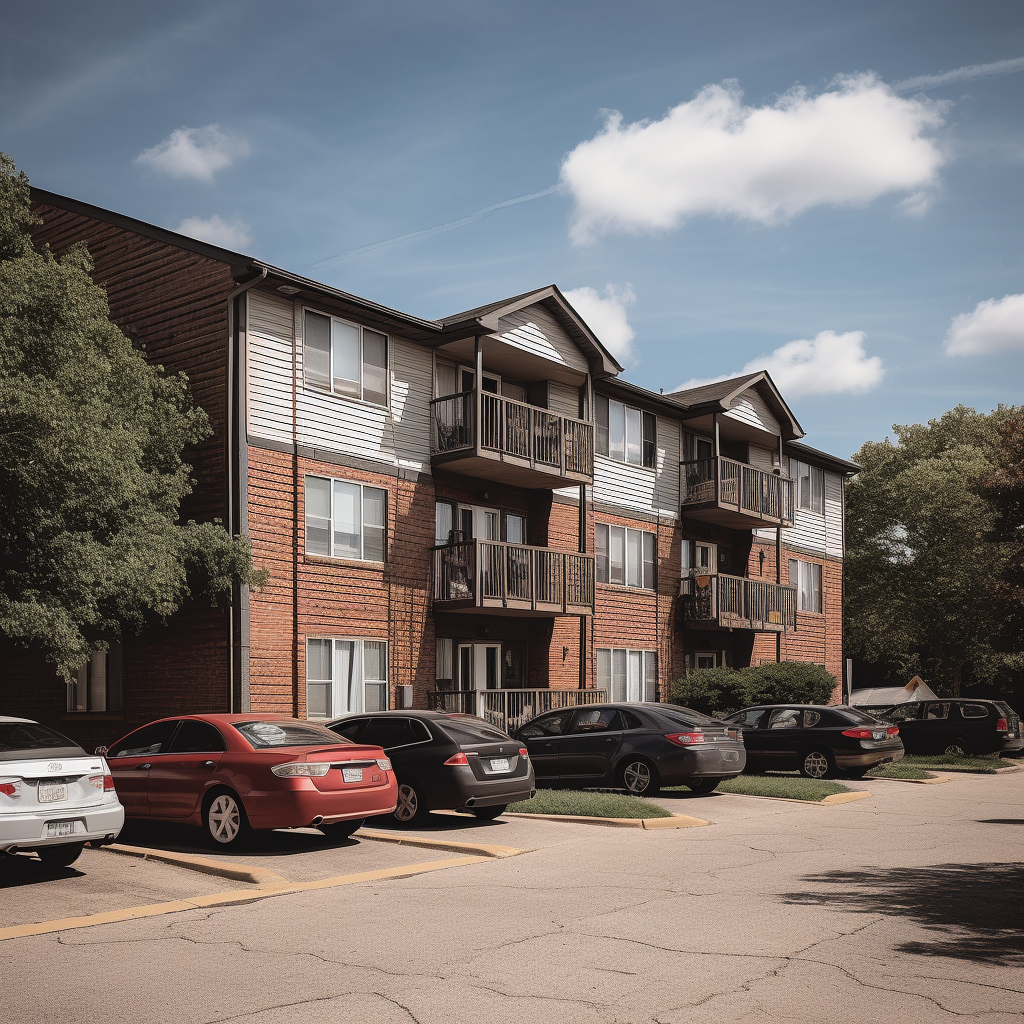
Renter’s Insurance 101: What You Need to Know

What does renters insurance usually cover?
Renters insurance is designed to protect tenants from the unexpected. Typically, a renters insurance policy will cover the following:
-
- Personal property: This includes your belongings, such as furniture, electronics, and clothing, in the event they are damaged or stolen.
-
- Liability protection: This coverage protects you if you are responsible for damaging someone else’s property or causing bodily harm to another person.
-
- Additional living expenses: If your rented home becomes uninhabitable due to a covered loss, this coverage will help pay for additional living expenses, such as hotel costs or restaurant bills.
Do all tenants need renters insurance?
While renters insurance is not legally required, it is highly recommended. It is important to understand that your landlord’s insurance policy does not cover your personal belongings or liability. Without renters insurance, you could be responsible for paying out-of-pocket for damages or losses that occur within your rented home.
What sort of events may result in renters insurance being used?
Renters insurance can come in handy in a variety of situations, including:
-
- Theft: If your belongings are stolen, your renters insurance policy can help cover the cost of replacing them.
-
- Fire or water damage: If your rented home is damaged due to a fire, water leak, or other covered peril, your renters insurance policy can help cover the cost of repairs or replacement of damaged items.
-
- Liability claims: If someone is injured within your rented home, your renters insurance policy can help cover the cost of medical bills and legal fees.
How can I tell if a renters insurance policy is good?
When shopping for renters insurance, it is important to look for a policy that provides adequate coverage and fits within your budget. Consider the following when comparing policies:
-
- Coverage limits: Make sure your policy covers the full value of your personal belongings and provides enough liability protection.
-
- Deductibles: Look for a policy with a deductible you can afford in the event of a claim.
-
- Customer service: Check reviews and ratings for the insurance company you are considering to ensure they have a good reputation for customer service and claims handling.
Are there any scams related to renters insurance that I should look out for?
While most insurance companies are reputable and trustworthy, there are some scams to watch out for. Be wary of insurance agents who pressure you to sign up for coverage or promise unrealistic rates. Always read the fine print and ask questions if you are unsure about anything.
How expensive is renters insurance?
The cost of renters insurance varies depending on a number of factors, including the location of your rented home, the amount of coverage you need, and the deductible you choose. On average, renters insurance costs between $15 and $30 per month.

How can I save money on renters insurance?
Here are some ways to save money on your renters insurance policy:
-
- Bundle policies: If you have multiple insurance policies with the same provider, such as auto and renters insurance, you may be able to save money by bundling them together.
-
- Increase your deductible: A higher deductible can lower your monthly premium, but it also means you will pay more out-of-pocket in the event of a claim.
-
- Install safety features: Installing smoke detectors, a security system, or deadbolt locks can help lower your premium.
-
- Shop around: Compare rates from different insurance providers to make sure you are getting the best deal.
What is the difference between actual cash value and replacement cost coverage?
When it comes to personal property coverage, there are two types of coverage available: actual cash value and replacement cost.
-
- Actual cash value coverage: This coverage pays out the value of your belongings at the time they were damaged or stolen, taking depreciation into account. This means you will receive less money than the original cost of the item.
-
- Replacement cost coverage: This coverage pays out the full cost of replacing your belongings, regardless of depreciation. This means you will receive enough money to buy a brand new item.
While replacement cost coverage may have a higher premium, it can provide more comprehensive protection for your belongings.
Does renters insurance cover damage caused by natural disasters?
This depends on the specific policy you have. Some policies may include coverage for natural disasters such as hurricanes, tornadoes, and earthquakes, while others may not. It is important to carefully review your policy and speak with your insurance provider to understand what types of natural disasters are covered.
In some cases, you may need to purchase additional coverage or a separate policy to ensure you are protected from natural disasters.

How do I file a claim with my renters insurance company?
If you need to file a claim with your renters insurance company, follow these steps:
-
- Contact your insurance company as soon as possible after the incident.
-
- Provide detailed information about the incident and the damages or losses you have experienced.
-
- Provide any necessary documentation, such as photos, receipts, or police reports.
-
- Cooperate with the claims adjuster and provide any additional information they request.
-
- Review and accept the settlement offer from your insurance company.
Can I add additional coverage to my renters insurance policy?
Yes, many insurance providers offer additional coverage options that you can add to your renters insurance policy. These may include:
-
- Flood insurance
-
- Jewelry or fine arts coverage
-
- Identity theft protection
-
- Pet liability coverage
Before adding additional coverage to your policy, make sure to carefully review the terms and conditions and speak with your insurance provider to ensure you have the coverage you need.

Leave a Comment